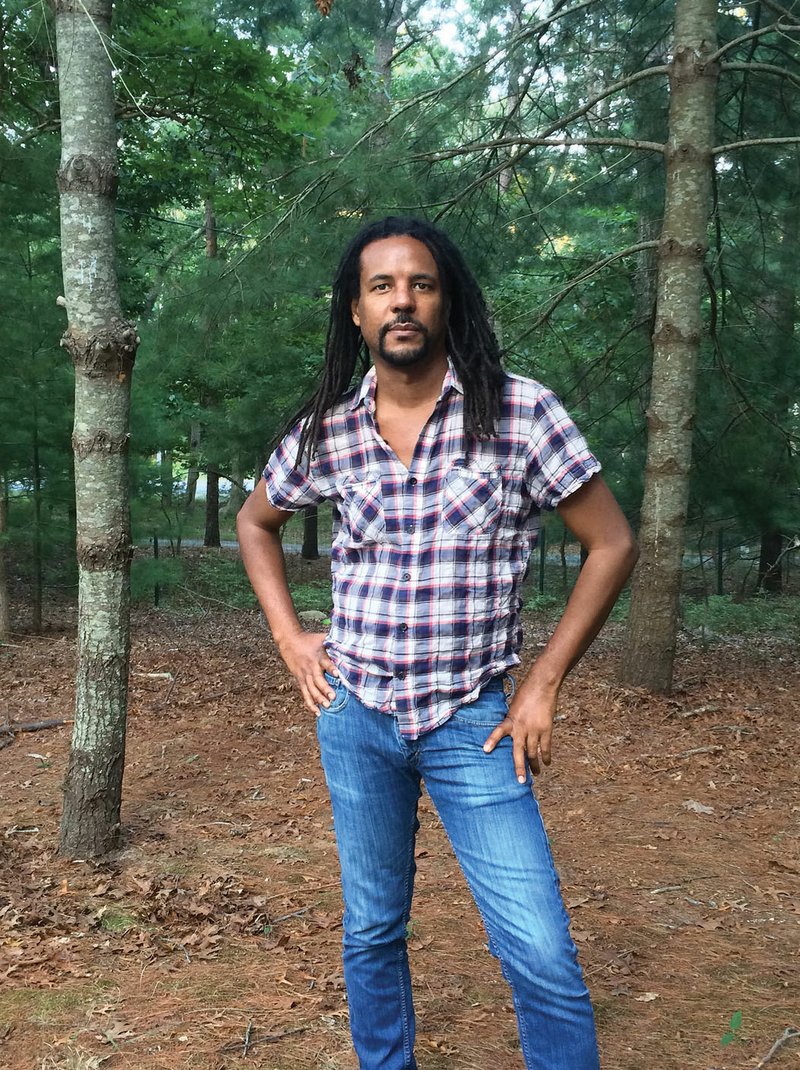Author Colson Whitehead burst on the scene in 1999 with his novel "The Intuitionist," a New York Times Notable Book that Kirkus Review called "a dizzyingly-high-concept debut of genuine originality" and a "deftly plotted mystery and quest tale that's also a teasing intellectual adventure." Since then, he's written six other books, including "The Underground Railroad," the winner of the 2016 National Book Award for Fiction and the 2017 Pulitzer Prize for Fiction. Whitehead will speak at the Fayetteville Public Library at 7 p.m. today.
"We're thrilled to be able to host an author of Colson Whitehead's caliber here in Fayetteville," says Willow Fitzgibbon, director of library services at the FPL. "Since we officially announced that Whitehead was coming last year, the response from our patrons has been tremendous. The event is free and open to the public, and we are expecting a large crowd."
FAQ
An Evening With Colson Whitehead
WHEN — 7 p.m. today
WHERE — Fayetteville Public Library, 401 W. Mountain
COST — Free
INFO — 856-7000
Library speakers are chosen by a selection committee of library staff, who review patron recommendations and poll library employees for their "wish list" of authors. "Eventually," says director of marketing and communications Steve Litzinger, "the committee makes a decision based on appeal and dynamic speaking examples."
Whitehead answered five questions for 'SUP in advance of his appearance.
Q. Did you show a talent for writing early in life?
A. I wanted to be a writer when I was young -- writing [for] X-Men or Spider-Man seemed like a cool job when I was in seventh grade. It wasn't until I started working at the Village Voice newspaper after college that I actually started doing it.
Q. Was your writing ability fostered in a productive way while you were growing up that you would recommend to teachers and parents?
A. Not particularly. I was not the kind of student that teachers took notice of.
Q. You started working on your novels while you were a writer for The Village Voice. Was it difficult to compartmentalize your work as a journalist with your work as a write of fiction?
A. I would need a buffer of one day between article writing and fiction writing. But there are many day jobs that are more distracting than journalism.
Q. "The Underground Railroad" hit with an enormous splash. When you were writing it, was there a sense that this would land differently than your other books did?
A. Not really -- I was just trying to do my usual thing, not trying to screw up my idea. But from the moment I handed it over to my publisher and the early readers, it was clear that people were responding to it differently.
Q. You have said in past interviews that "The Zone" was partially inspired by your love of Stephen King's books, and that "commercial fiction" was a part of your writer's education. Your own books have really spanned the spectrum of genre and subject matter. Is it this reader's background -- which seems totally open-minded -- that has freed you from writing within any one genre?
A. "Beloved" has a ghost, "The Road" is a post-[apocalyptic] tale, "Never Let Me Go" and "Infinite Jest" are science fiction, so even having the discussion is pretty dumb at this point.
NAN What's Up on 04/27/2018

